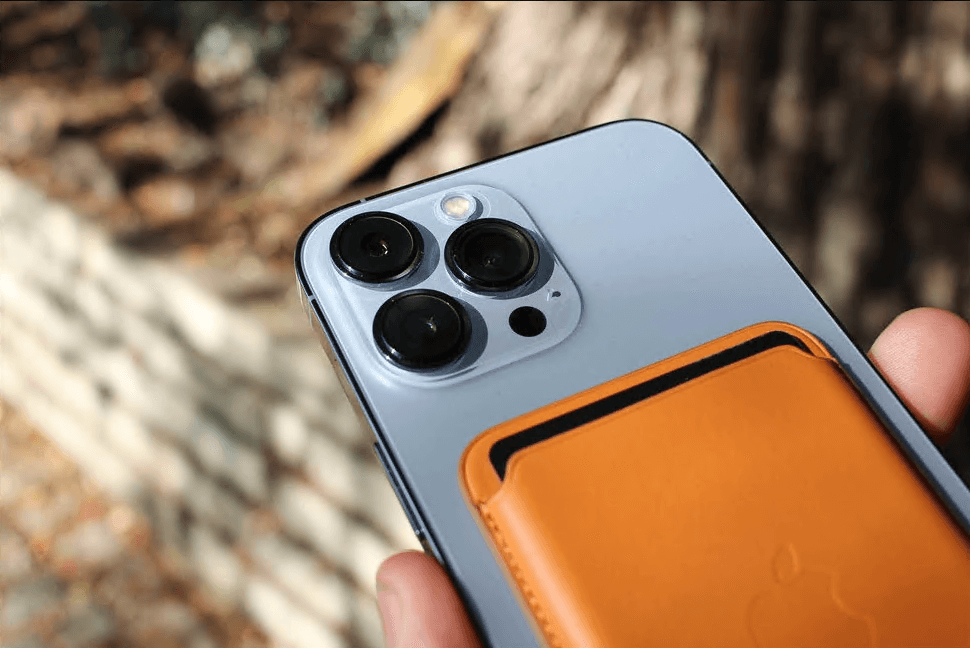
The beauty of macro photography is that it captures details not visible with the naked eye. It transports us into entire worlds that we’re not normally privy to and has become an incredibly popular photography technique, for both research and entertainment purposes.
Being able to study snowflakes, the eyes of insects and how light bounces off a soap bubble can reveal hidden gems and insights that can be used for scientific and technological purposes.
Technically speaking, macro photography (also known as photomacrography), is a way of capturing extreme close-ups of tiny subjects. This is what makes macro photography of insects so appealing. The term refers to the fact that the size of the subject in the photograph appears at least as large as it does in real life, if not greater than life-size. A macro lens is, therefore, a lens capable of reproduction ratios of at least 1:1.
The best macro photography is captured by DSLRs fitted with “true” macro lenses or extension tubes, yet many phones can now be fitted with macro-style lenses to rival these more expensive setups, and some like the iPhone 13 Pro and iPhone 13 Pro Max come with macro lenses.
To inspire you in your macro photography projects, or simply help you escape the humdrum of work, here are some of the best macro photography shots on the web, and some we've taken ourselves.

Carpenter Bee
To the untrained eye, this incredible macro shot looks like the face of a wasp. Yet, this creature is actually a Ceratina, or carpenter bee, from Vietnam. Similar in size and appearance to bumblebees, the carpenter bee gets its name from the way it burrows into trees or wooden frames to make its nest. They’re less social than bumblebees, though, and are less colourful and hairy. The males are unable to sting, while the females – like the one pictured – can sting, but will only do so if provoked. This shot was taken using a Canon Mark II 5D.

Snowflake
Beyond insects, snowflakes are among the most beautiful – but also most difficult to capture – subjects for macro photography. Their tiny size and delicate nature mean they melt almost as soon as they hit a warmer surface; only being able to stay intact for any length of time when in contact with multiple other flakes. They come in one of 35 shapes, depending on the temperature and humidity. This shot was taken of a single, 4mm composite plane snowflake in Moscow that had fallen on a woollen jumper by photographer Alexey Kljatov using a Helios 44M-5 lens.

Frog eye
This fantastic shot shows photographer Egor Kamelev and his Sony ILCE-7RM2 reflected in the eye of a frog. The bulging eyes of an amphibian give them a field of vision of almost 180-degrees and their shape and lens makes them incredibly sensitive to movement, plus provides great night vision. What’s more, when a frog swallows food it pulls its eyes down into the roof of its mouth to help push the food down its throat.

Soap bubble
This image could be mistaken for the surface of an eye, similar to the patterns seen on the frog’s eye above, yet is actually part of a soap bubble. Bubbles form when water becomes trapped between two layers of soap molecules. They shrink to the smallest possible shape, a sphere, and this keeps the air inside until the seal is broken or the water evaporates.
Although it may appear soap bubbles refract light in the same way a rainbow on water or through glass does, the amazing colours seen in this shot are caused by light waves reflecting back and forth between the layers of soap. This is why you can often see reflections of your own face in bubbles, but can’t in rainbows. The brightness and range of colours depend on the thickness of the layers.

Jumping spider
Instantly recognisable from their bizarre eye arrangement, jumping spiders are among the most fascinating arachnids on the planet.
They’re tiny – measuring as small as 1mm in length, up to 25mm – but can leap up to 50 times their body length. Instead of specially adapted legs, like those seen on a grasshopper, when the jumping spider wants to pounce, a surge of blood flows to its legs, making them extend and launching the arachnid into the air. This shot was taken on a Canon Mark II 5D, with Zerene Stacker, Stackshot Sled, 65mm Canon MP-E 1-5X macro lens and Twin Macro Flash in Styrofoam Cooler.

Watch
Given their relatively diminutive size, watches, like the woman’s watch movement (or module) pictured, contain some remarkable engineering. Using an electronic oscillator, regulated by a quartz crystal, modern watches keep time by creating a signal with an incredibly precise frequency.
Mechanical watches instead use a clockwork mechanism to measure the passing of time. On mechanical watches and clocks, the iconic ticking is created as the watch hands are moved forward via the watch wheels. This shot, captured by Guy Sie, was taken using a Canon EOS 350D Digital and extension tubes – a cheaper way to get macro shots without forking out for an expensive macro lens. The movement shown is currently being worn as a cufflink, measuring just 17mm wide.

Orchid
Their unusual shape, vibrant colours and fresh fragrances have made the exotic orchid flower a popular bloom for centuries. They’re held in such regard that they’re the national flowers of countries such as Panama, Honduras and Singapore, and, since 2800 BC, the orchid has been used in Chinese herbal remedies to treat a myriad diseases and ailments. Likely one of the most well-known flowers in the orchid genus is the Vanilla, from which vanilla extract is taken.

Dragonfly
Another great shot captured by Egor Kamelev, this picture shows the face of an adult dragonfly covered in dew. If you look closely, you can also see an ant resting in the centre. The eyes of a dragonfly are what’s known as compound eyes and they’re made up of thousands of tiny, independent photoreceptors that the insect uses to distinguish brightness and colour. This lowers the resolution somewhat but helps them spot fast movements and gives them an impressively large field of view. The shot was captured on a Sony ILCE-7RM2.

A £10 note
Macro photography doesn't have to just be about insects or taken with a DSLR camera. This was taken with the iPhone 13 Pro and shows that if you look carefully you can see writing on the note that's not visible to the naked eye.

Sunlit leaves
Leaves are a fantastic macro photography opportunity. They've got so much detail in them. Like this rose leaf for example. Shot on the iPhone 13 Pro Max.

Lego minifigs
Really bring those minifig faces to life with a macro shot that will let you get up close as if it's a person.



